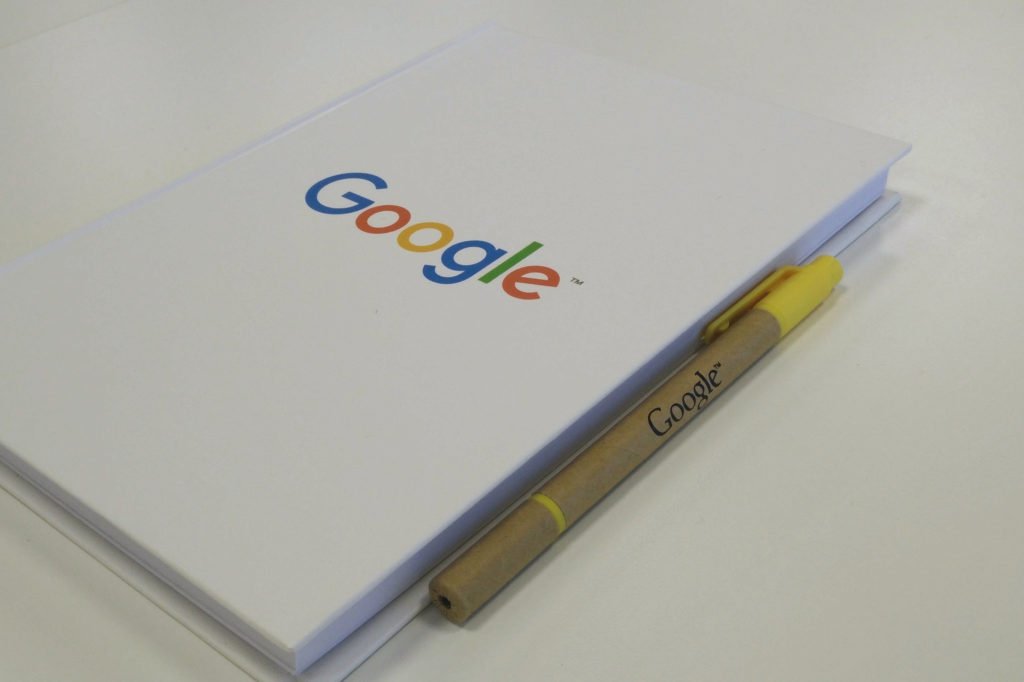You work for a smaller company or a start-up, and you’re running their search engine marketing (SEM) campaigns. If the market is saturated, you may find that a first page bid quickly extinguishes your daily budget. Why not ignore the popular phrases, and simply bid on your competitor’s keywords?
Can you Bid on Competitor Terms in Google, Bing and other SEM platforms?
First thing’s first. You can. Google does let you bid on your competitor’s brand terms and they fought a court case to do so. But there are caveats you need to be aware of. Whether or not you bid on competitor terms is an individual business decision. Let’s look at the pros and cons of bidding on competitor’s brand terms in search engine marketing.

AdWords is where Google has made their fortune
The Cons of Competitor Bidding
However, despite the precedent, you can find yourself in potential trouble if you pursue this route. Our background is in network monitoring, and this is one of, if not the most competitive (and as a result expensive) SEM markets around. A top-page ad can cost $100 per click, and this kind of money is no joke. Google may well be protected from litigation, and has the funds to protect themselves. But if you’re entering into a market with big players, they can bog you down in legal troubles that you can’t afford even if you’re in the right. That’s your first caveat: You can start a war.

Being right doesn’t mean that you’ll win
Depending on the industry, SEM can be cutthroat. And if you’re still reading this, you’re probably in this situation. You’re from a smaller company or a startup, and you know you’ve got the law on your side. That doesn’t mean your competition will lay down arms and simply let you walk over them. They’ll fight to defend their trademarks, as they should. The idea to bid on competitor brand terms is a solid idea, as is the idea of bidding on your own, as any SEM expert will tell you.
Is it worth the Pyrrhic victory? That’s up to you, and up to what the competitor you’re assaulting will do. Some are happy enough to outbid you so that your attempts to show up on their searches never show up because of a low quality score. After all, your pages aren’t optimized to show their keywords (and if they are, they’ve beaten you there.). You can squeeze a few impressions and hits here or there, and it won’t register. But if they do…

Adwords and Bing SEM is a daily battle
But enough about the negatives. There are many reasons to bid on your competitor’s brand names as well. If you’ve gotten this far, i’ll share.
The Pros of Competitor Bidding
It’s cheap. Well, it’s cheaper. Usually. Our experience in the network monitoring and management arena has shown us average bids of $30-$100 depending on the keyword, whereas bidding on brands was at the $20-$40 range. If someone is searching for your competitor’s name, and you share a common product, this can be a good way to build some brand recognition and siphon off a few conversions and sales. But keep in mind, these people are searching for your competitor. They’re literally looking to download “x-software”, not your software. The click-through rates as a result will be poor, and unless your landing pages are enticing enough, you’ll get a terrible bounce rate to boot.
If you’re a small fish, you can put some cheap bids that have a poor quality score and you’ll be able to fly under the radar and build your brand. That’s the truth. You’re also gonna get brand awareness. Maybe they won’t download your software, but you’ll get the visibility, and in these cases view-through conversions can be great depending on your remarketing strategy.
Should you Bid on Competitor Terms?
In the end, it’s a cost-benefit analysis. Or more importantly, it’s a cost-risk analysis. The law is on your side, but even if you go by the book, you can still get bit. A larger competitor has the capital to launch a court case against you that they know they’ll lose… but you may be out of business long before the decision is handed down.
Whatever you decide to do, however, you definitely should be bidding on your own terms to protect your brand. By bidding on your own brand, you prevent competitors from skimming cheap leads from you, and you’ll also be able to start monitoring which competitors are showing up on your branded searches.



